Activision is set to revolutionize gaming experiences with a groundbreaking approach using artificial intelligence to enhance NPC (non-player character) interactions. Games like Call of Duty could greatly benefit from this system, amplifying the realism of campaign scenes.
Recently, the company filed a patent highlighting the use of AI to generate realistic audio reactions from these characters based on in-game events. This innovation aims to make NPCs more lifelike by analyzing human reactions and integrating them into the game.
The patent, titled “METHODS AND SYSTEMS FOR APPLYING MACHINE LEARNING TO GENERATE GAMEPLAY AUDIO,” proposes using machine learning technologies to give NPCs natural human vocal responses during in-game movements. Unlike the predefined and sometimes inappropriate reactions found in current games, this system will generate appropriate and justified responses, thereby enhancing the realism of interactions.
An Innovative Approach to NPC Interactions Using Activision’s AI
NCP reactions could include vocal responses (audio) or gestures and movements (animations and videos) based on those of human players. These captured reactions and associated game events will be used to train a neural network, allowing NPCs to react more realistically in similar situations.
- Audio: AI-generated vocal reactions based on real human behaviors.
- Gestures: NPC movements synchronized with vocal reactions for complete immersion.
- Adaptability: NPCs capable of reacting more realistically to various events.
Currently, creating NPC reactions is often limited and lacks realism. Even with cutting-edge graphics and advanced gameplay mechanics, unnaturally reacting NPCs can detract from the overall experience. This new system could be a game-changer for open-world AAA games, making every NPC interaction more credible and immersive.
Activision has a history of exploring innovative patents. The company has previously looked into concepts like in-game inventory sharing with other players and dynamically personalizing gameplay based on playtime.
Source: Exputer.com










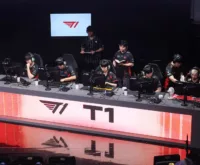


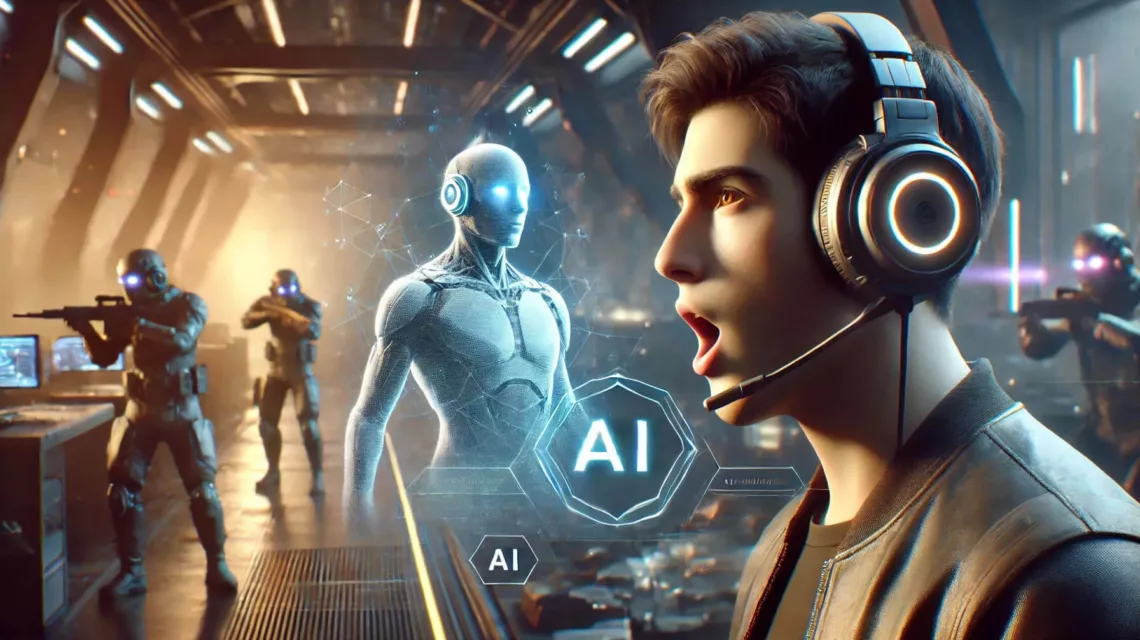
 MW3 Haunting Skins Wont Transfer to Black Ops 6 Gamers Vent Their Frustration
MW3 Haunting Skins Wont Transfer to Black Ops 6 Gamers Vent Their Frustration 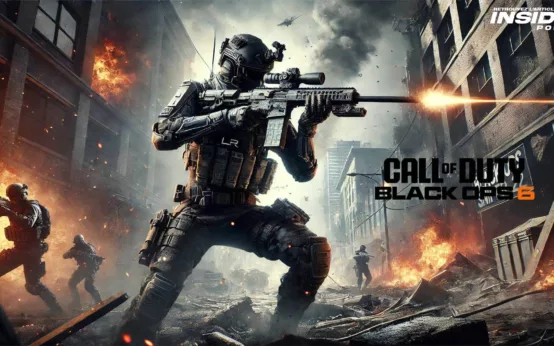 Top Meta Weapons in the Black Ops 6 Beta Dominate the Game with These MustHave Picks
Top Meta Weapons in the Black Ops 6 Beta Dominate the Game with These MustHave Picks  Avalon Map in Warzone Leaks Teasers and Expected Release Date!
Avalon Map in Warzone Leaks Teasers and Expected Release Date! 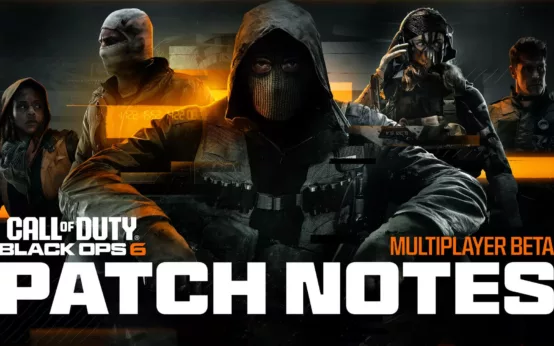 Black Ops 6 Beta Update Jackal PDW Gets a Major Nerf in New Patch
Black Ops 6 Beta Update Jackal PDW Gets a Major Nerf in New Patch 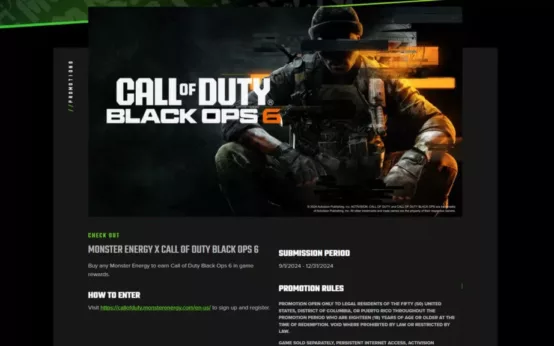 Unlocking Monster Energy Rewards in Black Ops 6 Your Ultimate Guide
Unlocking Monster Energy Rewards in Black Ops 6 Your Ultimate Guide 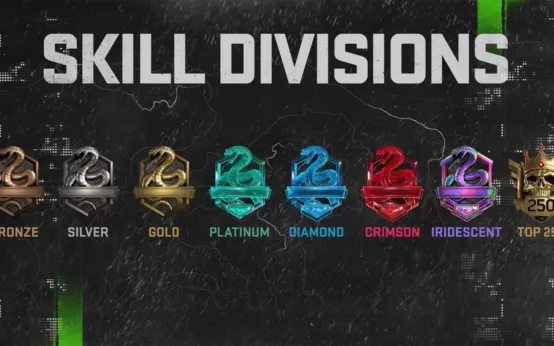 When Will Ranked Mode Hit Black Ops 6 Release Date and Inside Scoop
When Will Ranked Mode Hit Black Ops 6 Release Date and Inside Scoop 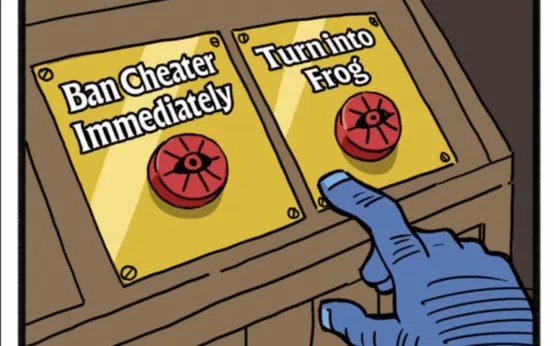 Deadlock Update Meet Mirage AntiCheat Overhaul and Fresh Gameplay Tweaks!
Deadlock Update Meet Mirage AntiCheat Overhaul and Fresh Gameplay Tweaks!  Unveiling Yanagi in Zenless Zone Zero 13 Meet the Electrifying New Agent and Dive into Her Role
Unveiling Yanagi in Zenless Zone Zero 13 Meet the Electrifying New Agent and Dive into Her Role  No Updates for The First Descendant Until October 10 Nexon Reveals Why
No Updates for The First Descendant Until October 10 Nexon Reveals Why  GTA Online Update Tanks Playability on Steam Deck
GTA Online Update Tanks Playability on Steam Deck  Apex Legends Update September 17 Dive into the AllNew Space Hunt Event and Balance Tweaks
Apex Legends Update September 17 Dive into the AllNew Space Hunt Event and Balance Tweaks 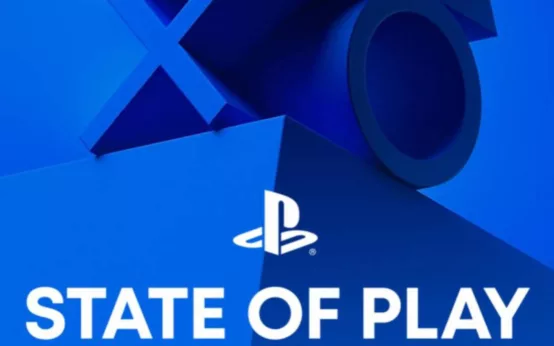 PS5 Gamers Mark Your Calendars Leaks Reveal September 24th Could Be GameChanging
PS5 Gamers Mark Your Calendars Leaks Reveal September 24th Could Be GameChanging